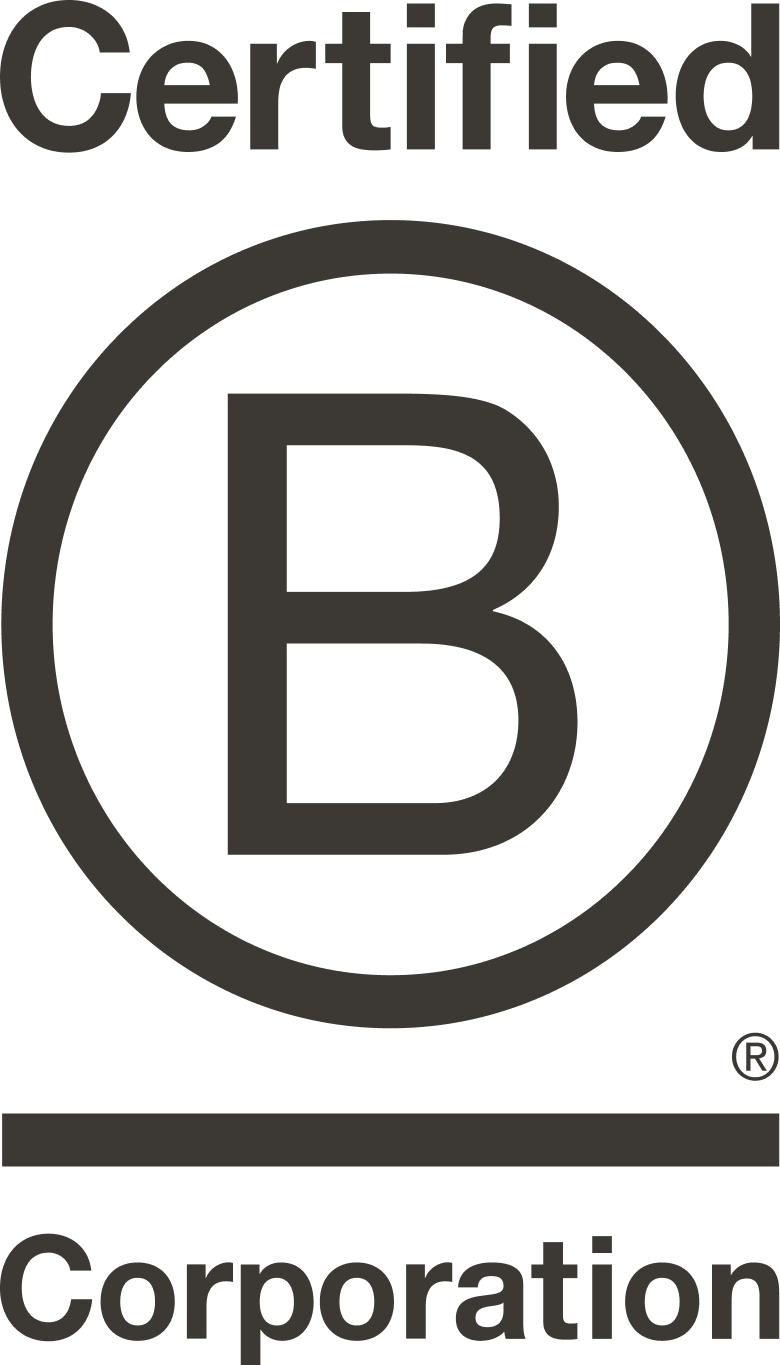People have had to dramatically change how they live, how they work. This has created an adjustment of mindset and focus in life as in work. Pensions to become the purpose, a nine-till-five to become whenever, the office replaced with wherever, and how we work?
At the beginning of 2020, Deloitte predicted the emergence of a new form of capitalism, one that was concerned with societal impact as much as it was with turning a profit. In this emerging world, business leaders face the challenge of producing growth while preparing for an uncertain future; this was before Covid-19 reared its ugly head by upending every definition of the word "normal." Thereby forcing organisations all over the world to change their way of working almost overnight.
The impact of these challenges is intrinsically connected to workforce performance and company leadership. Hence, the opportunity lies not in what individuals do next but in how business leaders respond as a whole, and here at inbeta, our mission is to bridge the link between investment and results by demonstrating how to identify, define and attract the right talent within your organisation as we discuss - yesterday, today and tomorrow.
The Long-Term Impact of Covid on the Workplace
Even before the Pandemic, the workplace was experiencing a systemic shift. Trends, such as remote work and rapid digital transformation, were already defining the future of work, and their impact on productivity and engagement was regularly discussed; the pandemic just exacerbated these shifts.
Typically, the future arrives in an orderly fashion. But the pandemic brought about years of change in just a few short months, pushing companies to accelerate digital transformation and disrupting business forever. To make it worse, the pandemic brought to light just how poorly prepared organisations were for the future. In response to the crisis and the abrupt dislocation of employees, companies had to enhance digital migration, cloud computing and increase technological adoption faster than they thought possible.
Summarised by a now-infamous meme that captured the point beautifully, "What is driving your transformation?" highlighted with a bright red circle, "COVID-19."
Twelve months later, it seems the changes necessitated by the pandemic are here to stay. But, one question remains to be addressed: Is your organisation adequately prepared for the future?
It's now clear that any company that doesn't embrace agility and collaboration will be left behind. Business leaders need to empower fluid working methodologies and address their underlying talent needs, from re-shaping your organisation's purpose to unlocking the potential of people and accelerating digital readiness.
As the pace and scale of technological disruption demonstrate the mismatch between the workforce's current skill sets and those necessary to thrive in tomorrow's workplace. Companies should take the lead in closing this skill gap and prepare their employees for the future of work.
How to Build the Workforce of Tomorrow
Getting the right people in the right roles does not happen by chance. To excel at attracting and retaining the right talent, organisations must address shortcomings in leadership, improve their employer brand, and rethink how employees develop skills.
Here are inbeta's top six strategies for the workplace of tomorrow, today.
1. Think deeply and differently about talent
What will the future require? Business leaders must ensure that their workforce keeps up with emerging technological trends and techniques. Organisations must determine what the future of work means - for them. Think about what skills your workforce will need a decade from now and adapt today accordingly.
2. Leverage innovation within technology and data
Within the last year, the pandemic has accelerated the digitisation of the workplace by as much as seven years. The future is here.
Organisations need to re-imagine their technological infrastructure spanning customer relations, operations, and supply chain - but, they also need to do the same with their people.
To stay competitive, companies must also leverage technology and data analytics to help attract, define and develop their people - the talent that will build your workforce of tomorrow.
3. Accelerate Time-to-Hire
In today's competitive job market, organisations are vying for talent, not the other way around. Taking too long to fill a role not only increases the cost per hire but comes with the risk of losing your leading-choice candidates.
To reduce time to hire, you must have the correct data and the ability to identify, dissect, and leverage said data to influence decision-making while measuring your hiring process's performance- especially if reporting against or developing in-line with your ESG strategy.
4. Enhance leadership performance in the first 100 days
Early days within new employment are vital to all new colleagues, but they're absolutely critical in leadership positions. They set the tone for almost everything that follows and determine the success of the leader's tenure. For this, you need leaders with the right qualities and understand the dynamic nature of their role.
What qualities define the Leaders of Tomorrow? There's no place for hierarchical organisation models in tomorrow's workplace. Shifting societal priorities and rapid digital transformation requires a change in management. How else are companies to adapt to an uncertain future?
Tomorrow's leaders need to be adaptable, flexible, and empathetic. They must also foster transparency – driving operational, transformative and collective behaviours.
5. Amplify cultural diversity and de-risk against leadership failure
Business leaders must demonstrate a commitment to diversity and inclusion initiatives that go beyond rhetoric. Diversity forms the fabric of modern society, and inclusion is a critical ingredient for building high-performance teams. Furthermore, a Gartner study predicts through 2022, 75% of organisations with diverse and inclusive leadership teams will far exceed their performance targets.
The truth is, diversity is just one side of the coin. You must focus on inclusion as well. The more diverse your workforce, the more challenging it can be - It's far more than image management and reputational risk. It drives growth and de-risks against leadership failure but only when implemented through conscious design.
Diversity and inclusion provide a platform for individuals whose philosophies, vulnerabilities, strengths, and weaknesses can be empowered to become influential leaders that embrace difference and create a culture in which people can make the most of their talent.
6. Focus on Employer Brand
Now more than ever, organisations must know what they are and what they stand for. How companies define themselves determines the talent they attract and helps them retain quality employees. Your employer brand is far more than your organisation's reputation as an employer. It's your business identity, and it determines the value you bring to your employees and in people's lives.
Too often, the employer brand is left to a sub-division of Human Resources, leaving it disconnected from other branches of management. Nowadays, top talent is highly mobile and constantly consuming information. So, the time is now for C-suite executives to share in the responsibility of crafting their company's brand. Creating your employer brand is really just good storytelling. It's how you want to be perceived, how you create value, and what you will be remembered for. This is how you attract the kind of talent you want.
Now's the Time!
To build the workforce of tomorrow, business leaders must first understand the future of work. At the centre stage is rapid digital acceleration, which is changing the ways companies compete, innovate, and reach customers on a global scale.
But this evolution is as much a threat as it is an opportunity. Can the workforce and workplace keep apace the digital disruptions?
The future of work requires cultural awareness, adaptability, and a dramatic shift in human behaviour. As already evidenced by the pandemic, if organisations are to survive an uncertain future, they must be agile and resilient.
So, therein lies the challenge. Today's organisations must reinvent their workforce and how they work. What this requires is a comprehensive and equitable approach to talent.
Don’t Forget to Share this Post!











